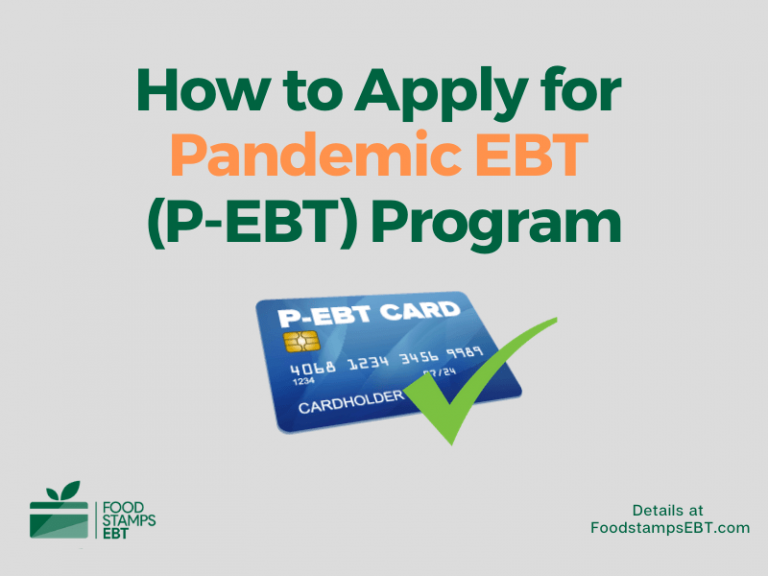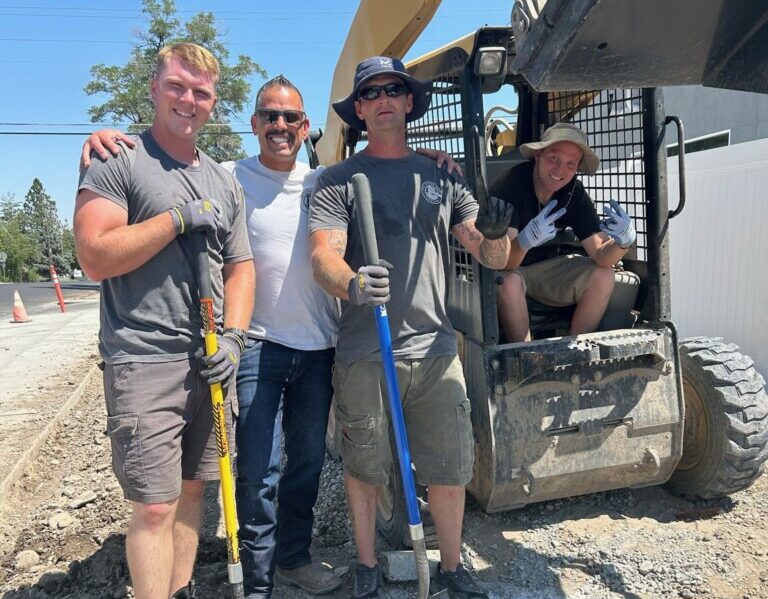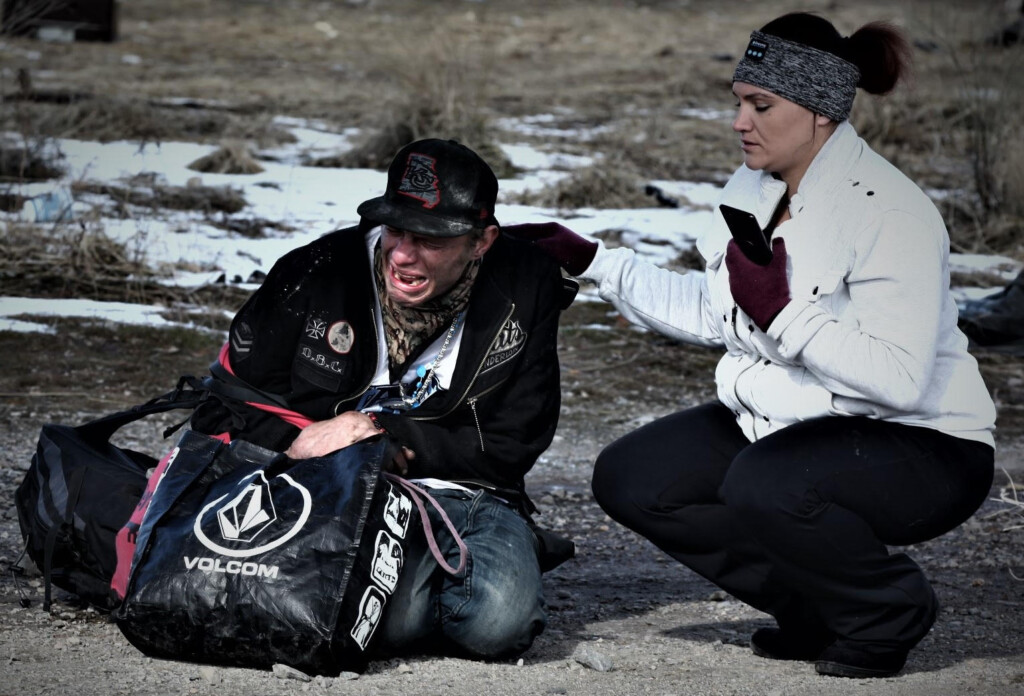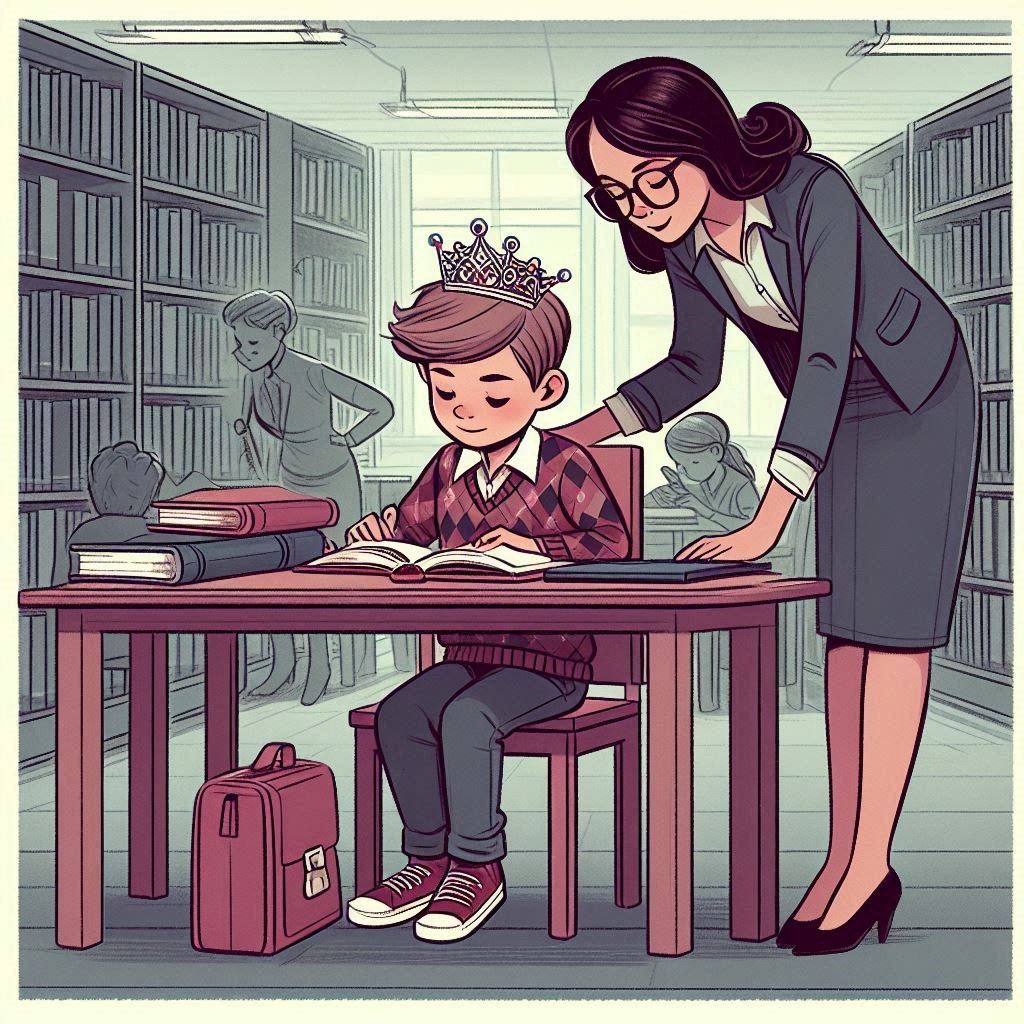
More than 22,000 households have applied for Pandemic EBT, out of an estimated 77,000 households that qualify for the program. The program provides a one-time benefit of $308 to children in kindergarten through 12th grade who were receiving free or reduced-price school meals on March 16, 2020. This is a federal food assistance program by Congress as part of the Families First Coronavirus Response Act. Children whose households were receiving Supplemental Nutrition Assistance Program (SNAP) benefits on March, 16, 2020, have received their P-EBT benefit, about 60,000 students.
“The number of families who have already applied is an indication of how great the food needs are in the community, but there are thousands of families who still need to apply. Utahns Against Hunger has been doing extensive outreach in the community and we are asking the public to talk to their friends, their family about Pandemic EBT,” says Gina Cornia, Executive Director of Utahns Against Hunger. “There are a lot of families that could really use these benefits to purchase food with this one-time benefit.”
You can learn more about Pandemic EBT by going to the website PEBTUtah.org where we have translated materials for non-English speaking households. You can also find a digital toolkit to post information about it on social media.
This could bring an additional $50 million to Utah families for food assistance. Applications must be submitted by midnight, August 31, 2020, and benefits will be provided in September 2020. The short application is available online at jobs.utah.gov/PEBT.
Alex Cragun
Utahns Against Hunger
801 328-2561 (office)
800 453-3663 (toll free)
www.uah.org
To increase access to food through advocacy, outreach, and education.





